The US Global Hub of Future Earth is collaborating with the National Academies of Sciences, Engineering and Health’ Science and Technology for Sustainability Program, to host a series of dialogues with US sustainability research and innovation leaders from different sectors, to assess the status and future of sustainability science in the US. The focus of these cross-sector dialogues will be on societal needs and research ecosystem capacities for response, the frameworks through which we are and should be supporting sustainability science, and our methods for linking research, innovation, and technology communities. In a series of intense dialogues, each with 20 to 30 leaders that cross disciplines and sectors, we will explore the opportunities, bright spots and knowledge gaps we need to fill within the current national sustainability science ecosystem.
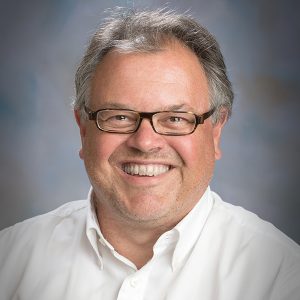
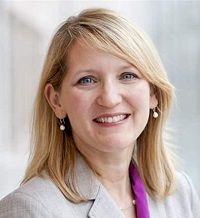

Angela Bednarek
Pew Cheritable Trusts
Full profile
Dr. Angela Bednarek directs the Research Impact project within the environmental research and science division at The Pew Charitable Trusts. She creates strategies for enhancing and assessing the policy relevance of the division’s research investments. This includes developing scholarship, creating training approaches, and convening scholars and practitioners on improving the connections between science and policy. Before joining Pew, Bednarek was a foreign affairs officer and AAAS Diplomacy Fellow at the U.S. Department of State in the Office of Environmental Policy. While at the State Department, she was responsible for negotiating U.S. positions on the Global Environmental Facility, OECD, the environmental impacts of World Bank projects and international chemicals agreements. In addition, she served as the U.S. Representative to the United Nations Dams and Development Project. She has also held several fellowships in environmental policy, including one at the Earth Institute at Columbia University in New York and a Morris K. Udall Fellowship in Environmental Public Policy and Conflict Resolution. She holds a bachelor’s degree in biology and studio art from the University of Notre Dame and a Ph.D. in biology from the University of Pennsylvania.
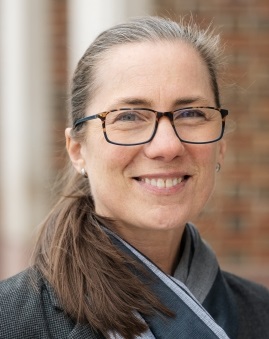
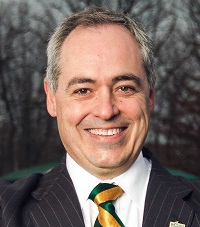
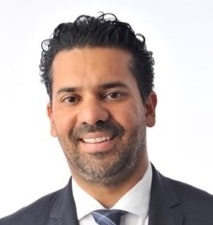

Franklin Carrero-Martinez
National Academy of Sciences
Full profile
Dr. Franklin Carrero-Martínez holds a Ph.D. in Cell and Developmental Neurobiology and a Certificate in Business Administration from the University of Illinois at Urbana-Champaign. His multidisciplinary career includes roles as researcher and educator, science administrator, and science diplomat in government, academia and NGOs. In academia, Franklin established a strong research program aimed at understanding the brain’s self-organization principles and how to use that knowledge to manipulate brain connectivity. His successful career at the University of Puerto Rico included tenure, promotion to Associate Professor, visiting scholarship to Duke, sabbatical at MIT’s Brain Institute, community service and outreach, invention disclosures, curricular reform and awards recognizing his innovative approaches to science education for underserved populations. In 2012, he transitioned to government service as the American Association for the Advancement of Science Roger Revelle Fellow in Global Stewardship. He served this prestigious distinction with a joint appointment between the Department of State’s Office of the Science and Technology Adviser (STAS) and NASEM. He later joined STAS and was posted to the U.S. Embassy in Mexico City as acting Science Counselor before moving to the National Science Foundation Office of International Science and Engineering in 2014. Franklin returned to STAS in 2016, and during this time he directed the office and served as the Department’s senior advisor on science, technology and innovation. In 2018, he joined NASEM where he directs the Global Policy and Development and the Science and Technology for Sustainability Programs at the National Academies of Science, Engineering and Medicine (NASEM).
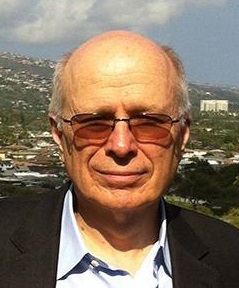
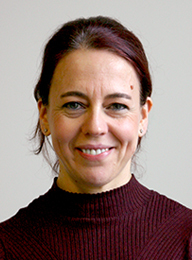
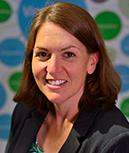

Aurali Dade
George Mason University
Full profile
Aurali Dade is the Associate Vice President for Research Development, Integrity and Assurance (RDIA) and Executive Director of the Institute for a Sustainable Earth (ISE) at George Mason University. RDIA’s mission is to nurture and promote state-of-the-art research, scholarship and creative work, providing resources that: promote the ethical and responsible conduct of research; and, assist the Mason faculty-postdoc-student community with the identification of external funding opportunities and the development of high quality proposals, sponsored projects and translational activities. Dade also serves as the inaugural Executive Director of ISE with the mission of connecting members of the Mason community with others across the Mason community-and with other communities, policy makers, businesses, and organizations-so that, together, we can more effectively address the world’s pressing sustainability and resilience challenges. Dade previously led the offices focused on Research Integrity, Environmental Compliance, and Laboratory Safety in several roles at previous universities. Dade has a PhD in Environmental Science, an MS in Biology, and a BS in Environmental Biology. She has taught university classes focused on data ethics, environmental policy, and risk. Dade has also served as a Principal Investigator for ORI funded conference grants, and conducts research and scholarship related to campus sustainability, research integrity and ethics.
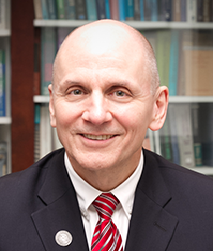
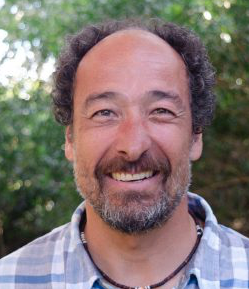
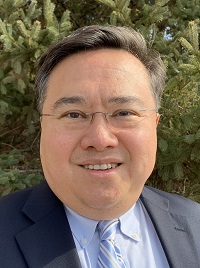
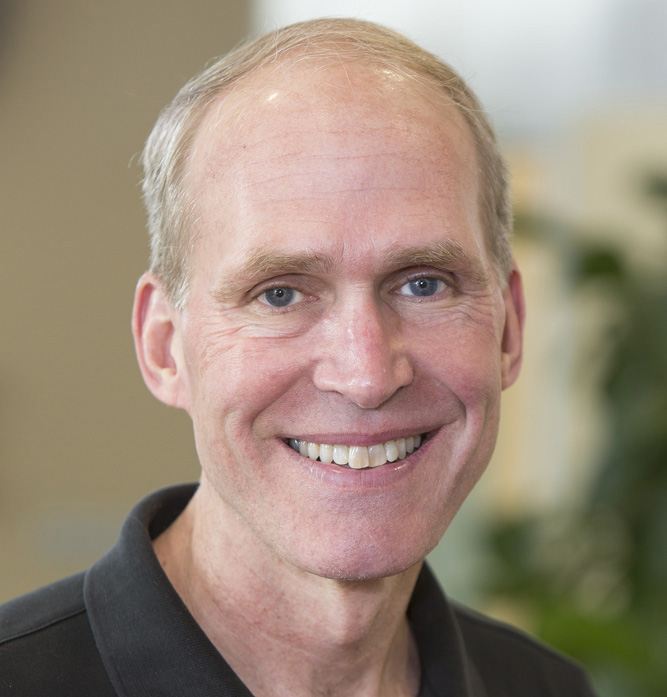
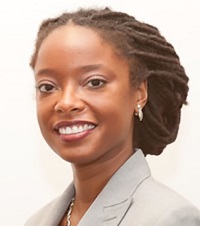

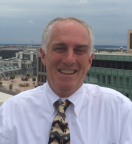


Victoria Lee
World Economic Forum
Full profile
Dr. Victoria E. Lee currently leads the Fourth Industrial Revolution for the Earth portfolio at the World Economic Forum’s Centre for the Fourth Industrial Revolution in San Francisco, working at the intersection of technology, environment, and governance. Previously served as the Head of Science & Innovation at the British Consulate-General, San Francisco, focused on strategic relationships in Silicon Valley and beyond, and informing UK policy-making for emerging technology, science, and entrepreneurship. Other former roles include US National Oceanic and Atmospheric Administration (NOAA) Climate & Global Change Fellow, Columbia University; International Research Fellow, Oxford University. PhD in Earth and Planetary Science, University of California, Berkeley.
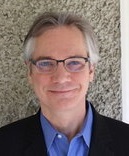


Tom Lovejoy
George Mason University
Full profile
Thomas Lovejoy is an innovative and accomplished conservation biologist who coined the term “biological diversity”. In 2010 he was elected University Professor in the Department of Environmental Science and Policy at George Mason University. He serves as Senior Fellow at the United Nations Foundation. He served as President of the Heinz Center for Science, Economics, and the Environment from 2002-2008 and was the Biodiversity Chair of the Center from 2008-2013. Before assuming this position, Lovejoy was the World Bank’s Chief Biodiversity Advisor and Lead Specialist for Environment for Latin America and the Caribbean as well as Senior Advisor to the President of the United Nations Foundation. Spanning the political spectrum, Lovejoy has served on science and environmental councils under the Reagan, Bush, and Clinton administrations. At the core of these many influential positions are Lovejoy’s seminal ideas, which have formed and strengthened the field of conservation biology. He was the first to use the term “biological diversity” in 1980. In the 1980s, he brought international attention to the world’s tropical rainforests, and in particular, the Brazilian Amazon, where he has worked since 1965. In 1980 he produced the first projection of global extinctions for the Global 2000 Report to the President. Lovejoy also developed the now ubiquitous “debt-for-nature” swap programs and led the Minimum Critical Size of Ecosystems project. With three co-edited books (1992, 2018), he is credited with founding the field of climate change biology. He also founded the series Nature, the popular long-term series on public television. In 2001, Lovejoy was awarded the prestigious Tyler Prize for Environmental Achievement. In 2009 he was the winner of BBVA Foundation Frontiers of Knowledge Award in the Ecology and Conservation Biology Category. In 2009 he was appointed Conservation Fellow by the National Geographic. In 2012 he was recognized by the Blue Planet Prize. From 2008-2013 he chaired the Scientific and Technical Panel (STAP) for the Global Environment Facility (GEF) which provides funding to developing countries to meet their obligations related to the international environmental conventions. From 2013 he has served as Senior Advisor to the Chair of STAP. He served as Science Envoy for the Department of State (2017/2018). In 2019 he was appointed Explorer at Large by the National Geographic Society and Scientific Director of the Insti8tute for a Sustainable Earth at George Mason University. Lovejoy holds B.S. and Ph.D (biology) degrees from Yale University.


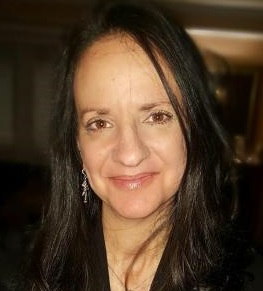

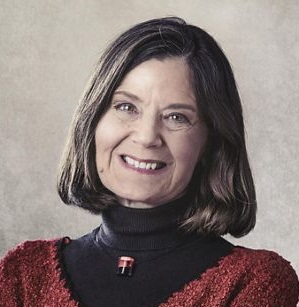
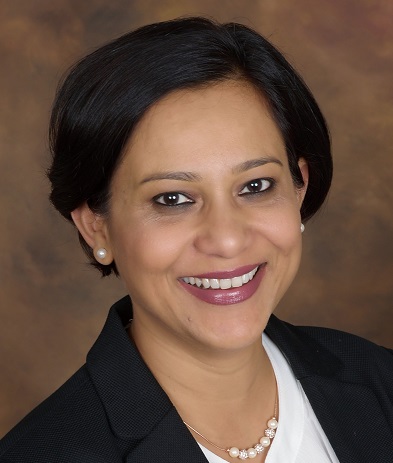

Meghna Tare
University of Texas at Arlington
Full profile
As UTA’s first Chief Sustainability Officer, I work collaboratively to foster partnerships among academic, research, and operational departments at UTA. I lead institutional sustainability efforts in support of the UT Arlington 2020 Strategic Plan to continue to transform UTA from a university with a strong regional presence to a leading national institutional of higher education. I work collaboratively with faculty, staff, the student body and community members to address opportunities to promote sustainability in several areas energy efficiency, resource conservation, waste management, transportation, education, outreach, community engagement, supporting and encouraging student initiatives, and implementing an interdisciplinary and sustainability-focused curriculum. I also collaborate with businesses, government agencies and non-profits in North Texas on various projects and policy implementation for the region. I also serve and represent UTA on several Advisory Boards including the National Academy of Science Board on Higher Education and Workforce Development—Policy and Global Affairs, National Academy of Sciences Transportation Research Board (TRB), Association for the Advancement of Sustainability in Higher Education (AASHE), and Women Economic Forum. I am the founder for the Institute for Sustainability at Global Impact at UTA, and the Regional Center of Expertise on Education for Sustainable Development. In 2003, in response to the UN resolution on the UNDESD, the United Nations University Institute for the Advanced Study of Sustainability (UNU-IAS) launched the ESD project, including a global multi-stakeholder network of the Regional Centers of Expertise on ESD (RCEs). An RCE is an existing formal, non-formal and informal organization that facilitates learning towards sustainable development in local and regional communities. As of December 2018, the United Nations University worldwide has officially acknowledged 168 RCEs. I am a Tedx Speaker, The Women Economic Forum awarded me the Women of the Decade in Corporate Social Responsibility, andTripe Pundit featured me as the Women in CSR. I graduated with an MBA in Sustainable Management, MS in Environmental Science, and MS in Chemistry.
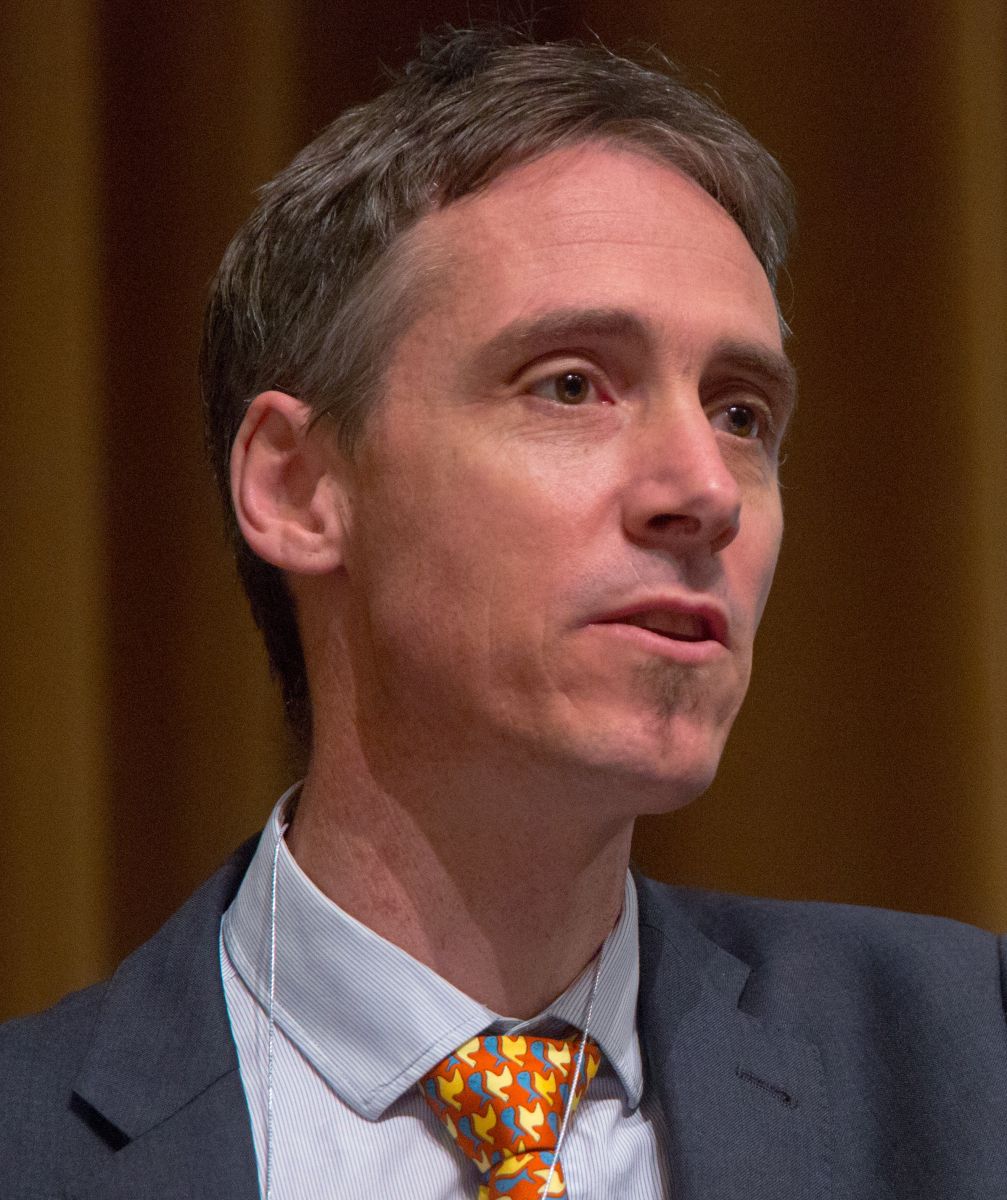
Josh Tewksbury
Former: Global Hub Director, USA
Full profile
Josh was trained as an ecologist, evolutionary biologist, and conservation biologist. He has 20+ years of active research focused on climate impacts on plants and animals; the influence of fragmentation, connectivity, invasive species and mutualism loss on populations and communities; the evolution and functional significance of chemical defense in plants; and other topics. Before joining Future Earth as the Director of the Colorado Global Hub, Josh was the founding director of the Luc Hoffmann Institute, a global research center integrated within the International Secretariat of the World Wide Fund for Nature in Geneva Switzerland. While there, Josh started the Luc Hoffmann Fellows programme and launched over a dozen research projects, including work on the Food-Energy-Water nexus in Southeast Asia, Development corridors in East Africa, global mapping of threats to biodiversity and the development of regionally-appropriate low-carbon sustainability targets for urban areas. Prior to his work at the Luc Hoffmann Institute, Josh was the Maggie and Doug Walker Endowed Professor of Natural History at the University of Washington, with appointments both in the Department of Biology and the College of the Environment, which he worked to create.
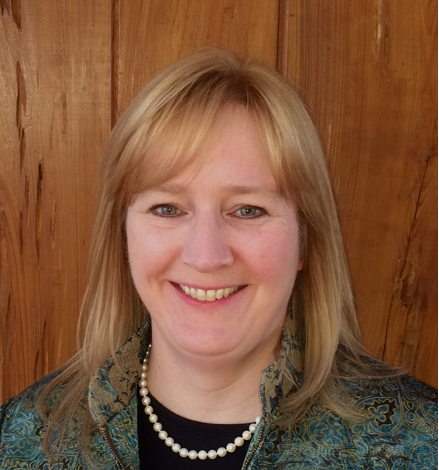
Maria Uhle
Program Director for International Activities Institution: US National Science Foundation
Full profile
Maria Uhle currently serves as the Program Director for International Activities in the Directorate for Geosciences at the National Science Foundation, where she develops mechanisms and agreements to foster international collaboration for global environmental change research through the Belmont Forum, the Inter-American Institute for Global Change Research (IAI) and Future Earth. She is Co-Chair of the Belmont Forum, Chair of US Future Earth Board and Chair of the Executive Council of the IAI. She works with other US federal agencies through the US Global Change Research Program (USGCRP) where she is the National Science Foundation’s Principal to the Sub-committee on Global Change Research and co-Chair of the International Activities, Interagency Working Group of USGCRP. Prior to her appointment at NSF, she served as an International Affairs Officer in the Office of International and Academic Affairs (OIAA) at the National Institute of Standards and Technology (NIST), where she developed programs to foster research collaboration with NIST’s international partners from countries in the Middle East, North Africa and South Asia. Prior to working at NIST, she served as Program Director for the National Academy of Sciences Polar Research Board and the Board on Atmospheric Sciences and Climate. She directed several committees that addressed topics relevant to the Arctic and Antarctic, and focused on reanalysis of historical climate data, and climate projections based on emission scenarios. Before joining the NAS, Dr. Uhle served on the faculty at the University of Tennessee in the Department of Earth and Planetary Sciences. Her background includes degrees in environmental science and geology, and her research focused on investigating the fate of organic matter and contaminants in atmospheric, surface water and soil environments from urban areas and the polar deserts of Antarctica.
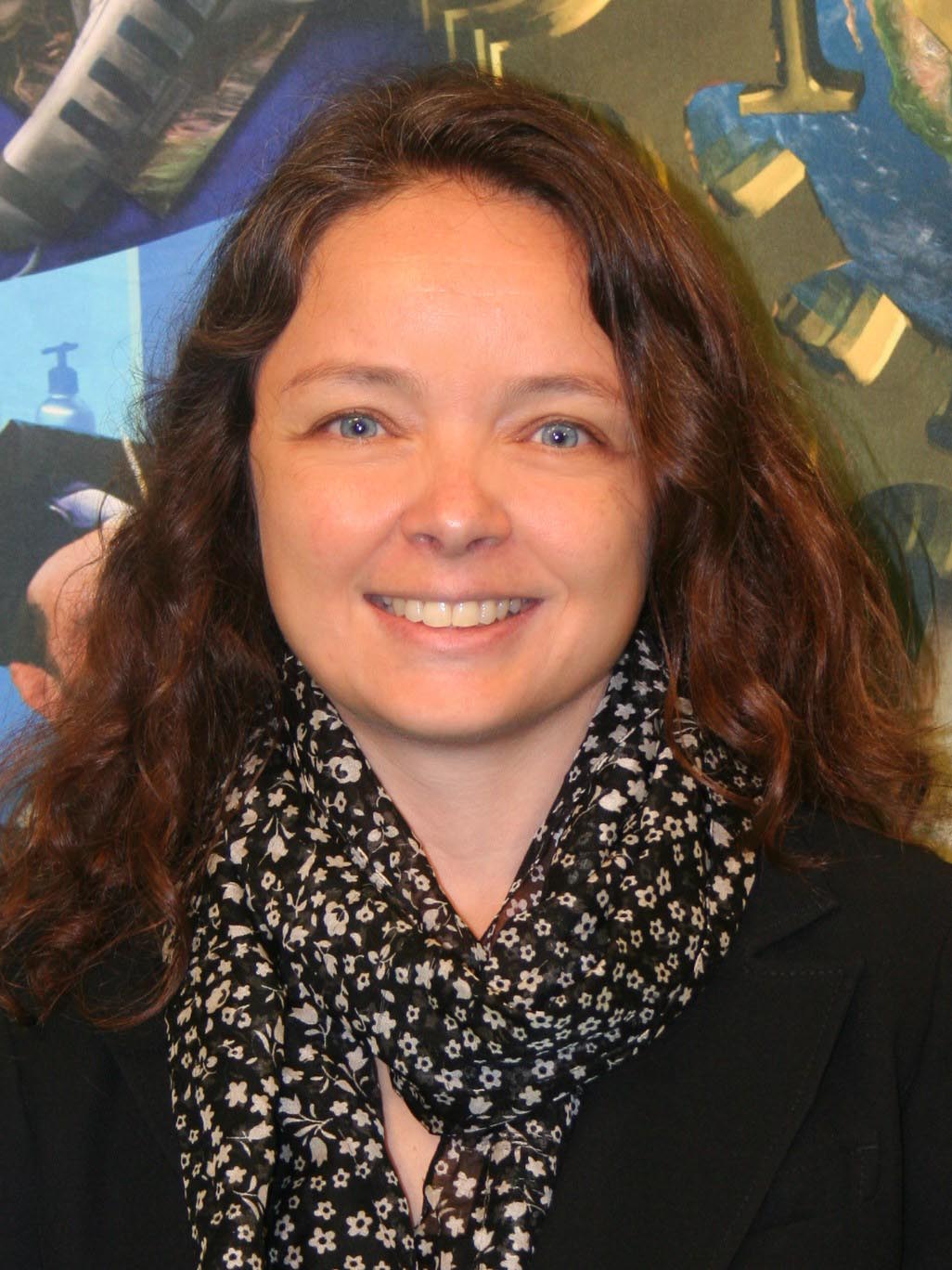
Judit Ungvari
Co-Lead, Research & Innovation
Full profile
Judit Ungvari is the co-lead of the Future Earth Research and Innovation portfolio and the Research and Innovation Officer at George Mason University’s Institute for a Sustainable Earth. She came to Future Earth and Mason after 2 years at the National Science Foundation where she was a AAAS Science & Technology Policy Fellow. She was working in the Geosciences directorate on various international and integrative activities facilitating transdisciplinary global change research. Her work encompassed various programs within the Belmont Forum, Future Earth, and the Sustainability Research and Innovation initiatives. Judit is an ecologist by training, with expertise in avian biology in tropical habitats. She studied birds in the Peruvian Amazon region combining both laboratory- and field-based research and received her Ph.D. in Zoology with a certificate and concentration in Tropical Conservation and Development at the University of Florida. Her work on Amazonian forest bird communities related to the ecological mechanisms of habitat specialization, movement and dispersal between patchy habitats, combining metapopulation theory, landscape ecology, and population genetics. She also worked as a postdoctoral scholar at the Smithsonian Institute in Washington, DC, addressing avian conservation issues in coffee agroecosystems in Colombia. Judit is involved in local capacity building and community outreach both in the USA and Latin America and has mentored dozens of students to complete independent research projects in Peru, Colombia and Florida. Her interests include sustainability science, science diplomacy, supporting open research efforts, and communicating science to the public.
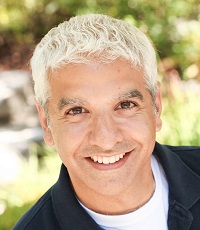

Cyrus Wadia
Former Nike
Full profile
Dr. Cyrus Wadia is the former Vice President, Sustainable Business & Innovation for Nike where he led Nike’s global sustainability team from 2015 to December 2018. At Nike, Cyrus managed a $28 million budget and led a team of fifty senior professionals. His team was responsible for Nike’s rapid acceleration of sustainability in new product innovation, enterprise risk mitigation, and the modernization of Nike’s brand and consumer engagement strategy. Prior to joining Nike, Cyrus served as an Assistant Director in the White House Office of Science and Technology Policy between 2010 and 2015. There he advised the Obama administration and introduced new budgetary and legislative initiatives in: energy, climate, advanced materials innovation, manufacturing, and mining. In this role, Cyrus was responsible for the creation and expansion of more than $1 billion in new budgetary initiatives and led the development of the nation’s first policy framework and strategy on critical minerals. Between 1996 and 2010, Cyrus held many leadership roles as a Silicon Valley entrepreneur, a senior program officer at Lawrence Berkeley National Lab and the founding member and Co-Director of the Haas School of Business Cleantech to Market initiative. Cyrus holds advanced degrees from M.I.T. and U.C. Berkeley, has multiples patents for his technical inventions and has been citied over 2,100 times for his peer-reviewed papers.